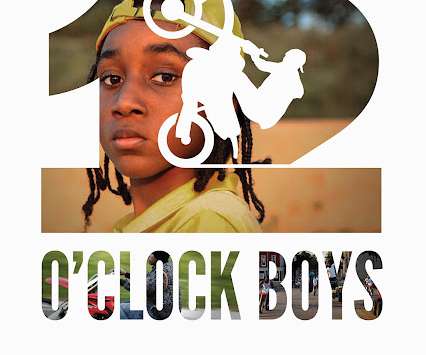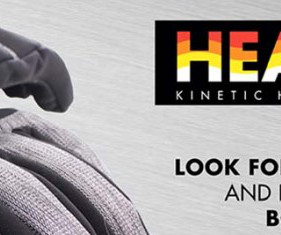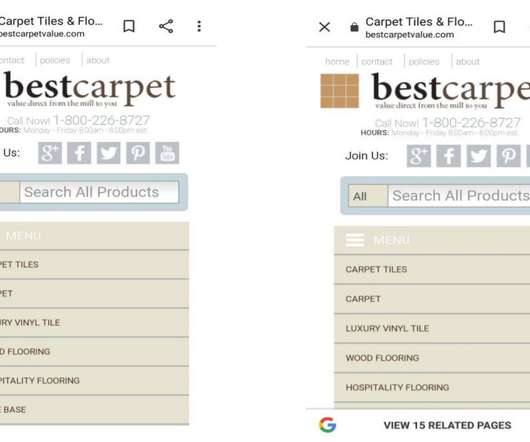Protection Of Fictional Character’s Copyright And The Doctrine Of Fair Use In The Digital Age
IP and Legal Filings
FEBRUARY 17, 2022
Unfortunately, copyright and trademark law do not provide particular protection for these characters, who, more often than not, exceed their original works to become well-known of their own. THE DOCTRINE OF FAIR USE. the effect of the use on the copyrighted work’s potential market for or value.












Let's personalize your content